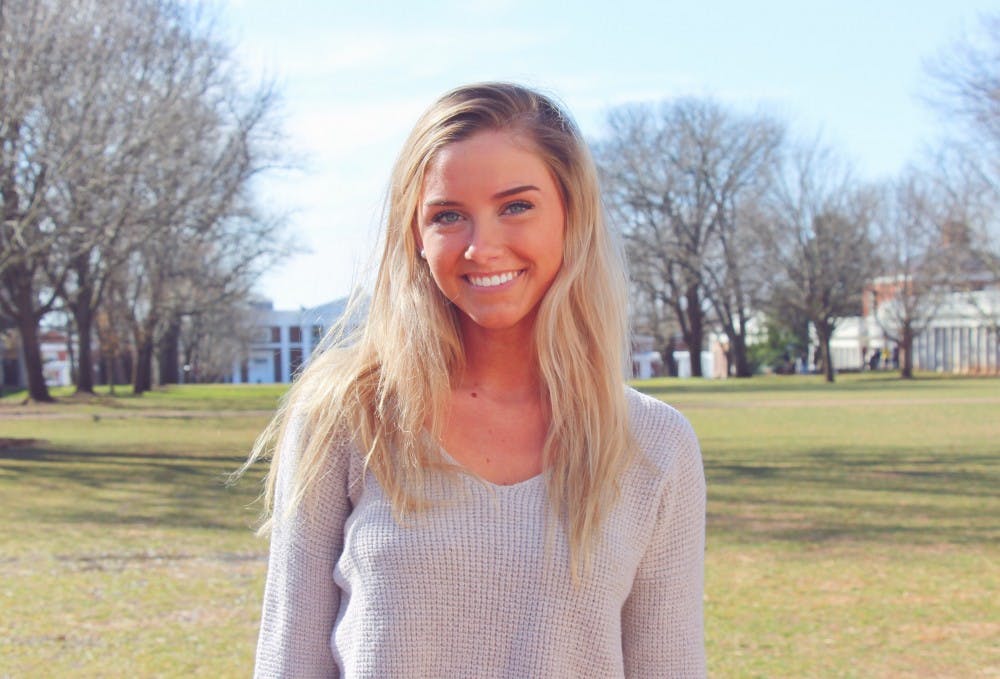The best part about playing a wind instrument in a symphony is the negligence. I know this from personal experience, having contributed my talents — or, perhaps, more accurately, my time — to various youth orchestras throughout my formative years of middle and high school. When I was just starting out, the lack of acknowledgement was frustrating to the point where my fellow woodwind plebeians, and I would exchange dares to find out who could make the loudest, most theatrical mistake without the conductor batting an eye or a baton. But slowly, I came around to accept and even embrace the impenetrable social order.
The strings were a nobler class, but of course they were — half of them had been homeschooled and rehearsing concertos for their conservatory auditions since before I learned how to play Hot Cross Buns on the recorder. They were destined for greater things. Who was I to complain when I had the exclusive luxury of being able to finish my math homework and shop for prom dresses online in the back while they were being drilled with technical critiques and solo performance evaluations? They were building a career. I was observing a family tradition.
To put it simply, music runs in my bloodline. My father’s father was a widely respected Irish fiddler in his home of County Armagh, and he instilled his love of music in all seven of his children, one of whom made it to Juilliard and most of who still keep their instruments tuned to this day. Music brought my parents together — their first date was arranged by my dad’s brother, who was my mom’s violin teacher at the time. Quite literally, I wouldn’t be alive today without it.
My childhood was punctuated by the acquisitions and abandonments of different musical endeavors — I began my first private lessons with the piano, then moved onto the violin and finally graduated to the clarinet — a real band instrument! I could finally join the in-crowd, play in the middle school band and go to Dorney Park on the annual band field trip. New beginnings were always exciting.
The excitement wore off around the transition to high school, when the cool kids ditched band for basketball and auditions for outside orchestras got competitive. I suppose, by the sheer fact that I earned a spot in one, that I was a decently capable musician. But the fact remained that I didn’t feel as drawn to the work by passion anymore so much as obligation. Rehearsals felt longer than ever, and three and a half hours was already pretty long to begin with.
Naturally, my mind would wander. Clearly, so would the minds of those around me, who chose to occupy themselves by a range of means spanning from doodling to openly annotating their science textbooks for homework. As I mentioned previously, this was a privilege of the wind instruments only by nature of our seating arrangement at the back of the orchestra amongst the percussion and brass.
My first mid-rehearsal writing was composed in the margins of “Jupiter” in Holst’s seven-movement Planets suite. I don’t remember what I wrote exactly, only that it was prompted by the music. It wasn’t a coherent, publishable poem or anything similar. If I recall correctly, it was a string of words that I thought sounded nice in the company of each other, bearing some vague relation to Holst’s piece. Out of this, a habit formed where I would regularly scribble thoughts or ideas in the margins of my sheet music and develop those ideas into fuller, more elaborate pieces later. Essentially, my passion for writing was born.
Creativity begets creativity, and passion is fluid and unpredictable. Our interests can change as we grow older — it’s natural and shows that we are growing up and scraping closer to a sense of identity, one born out of the choices we make and the paths we take in life, unbound by presuppositions or placements of others. Music may not present the lifelong promise of passion for me that it still does for some of my other siblings, and that’s entirely acceptable. What’s most important is that you’re doing something that matters to you.
I don’t continue with music today, but I do still write, and I am proud of what I produce. I credit my fondness for writing to my presence in symphony. The freedom granted to me by my position allowed me to draw inspiration from the music around me in a way that suited my newfound passion and felt more personally fulfilling. In a way, it felt much like one turn in the circle of life — with the loss of one passion, I was awakened to another. So, even though I don’t play an instrument anymore, I’m thankful that I once did for the exposure it provided me to new interests.
Maeve Quinn is a Life Columnist for The Cavalier Daily. She can be reached at life@cavalierdaily.com.







